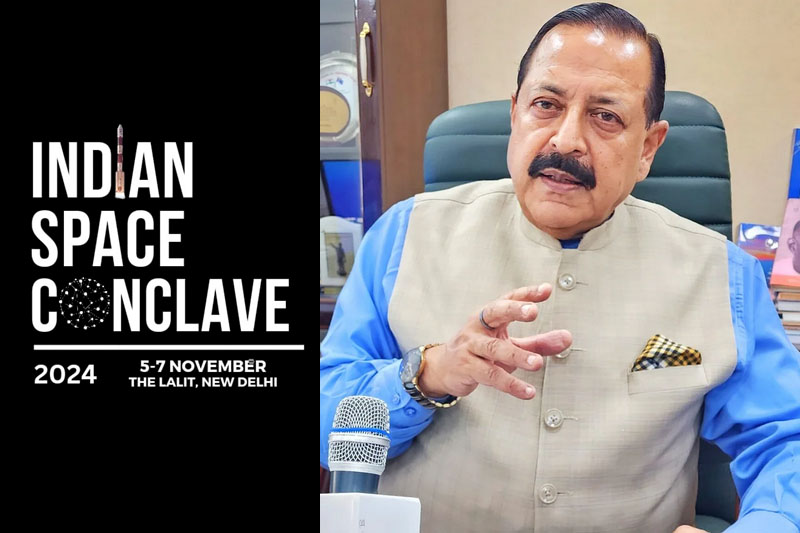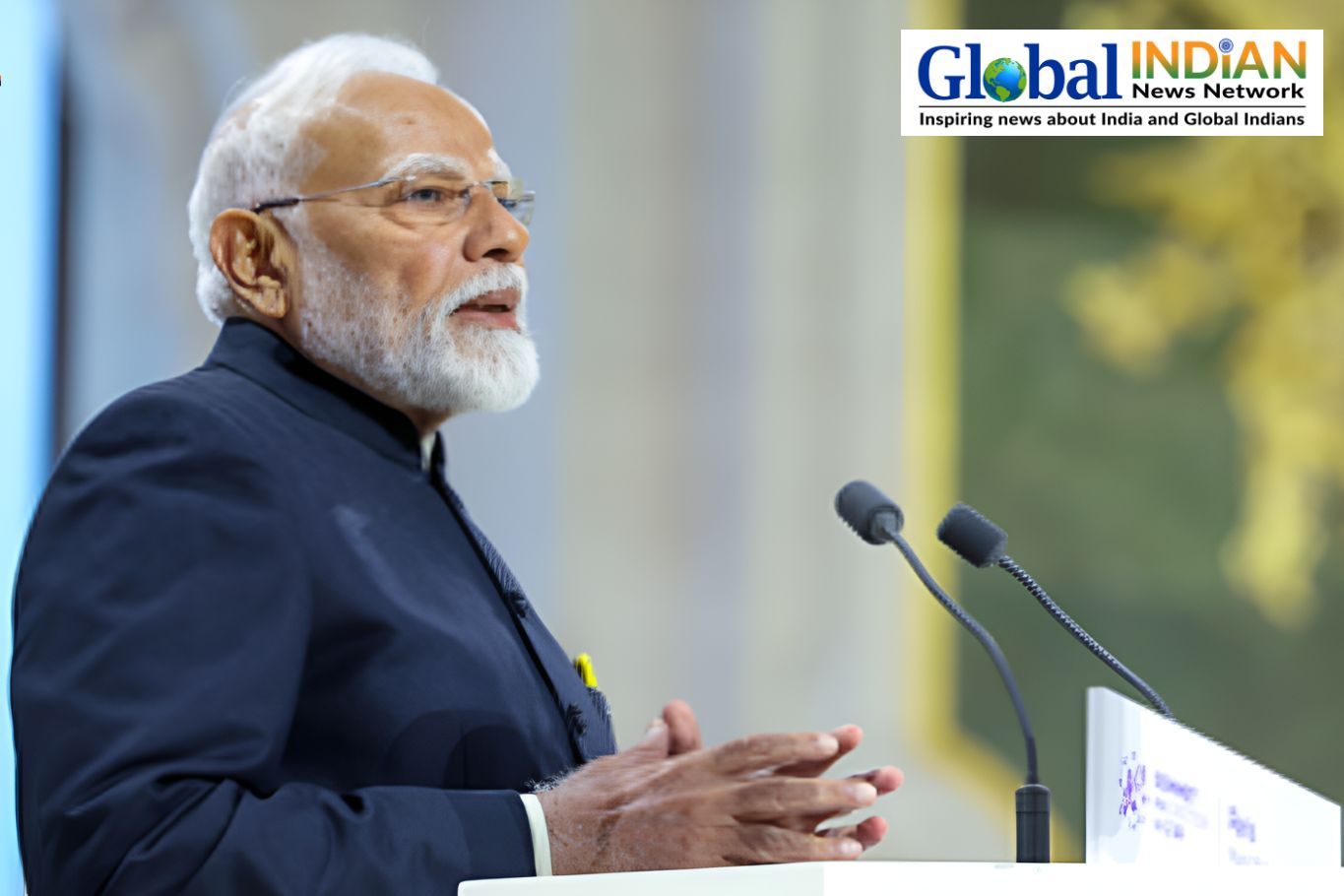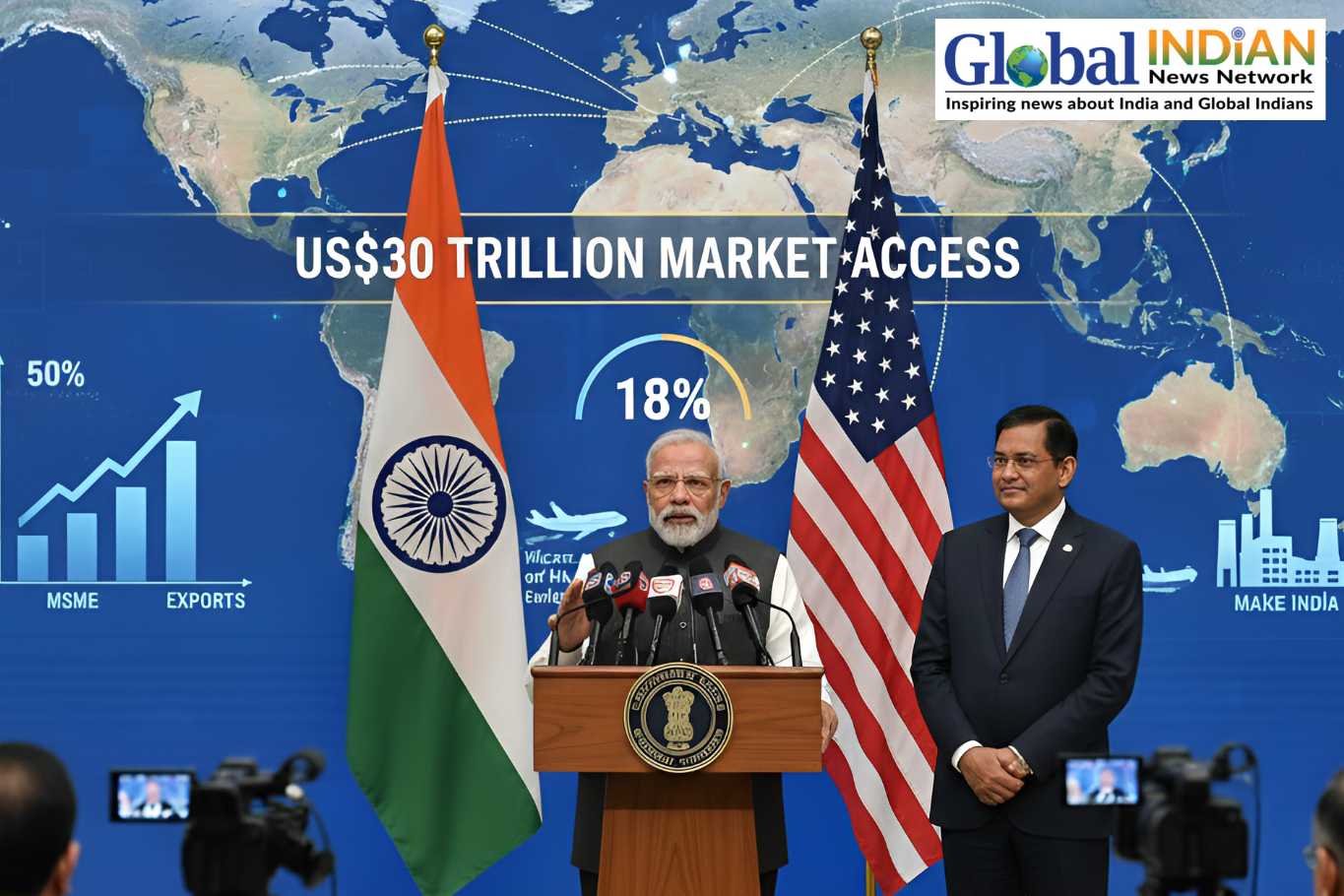 Dr. Jitendra Singh, the Union Minister of State for Science and Technology, revealed that India is set to launch the European Union’s Proba-3 satellite in December. This significant step in Indo-EU space collaboration highlights the shared commitment to solar observation and advancing space science. The Proba-3 mission, which aims to study the Sun, is part of a growing partnership between ISRO and the European Union, following previous successful joint ventures. The mission stands out due to its solar-focused objectives, complementing ISRO’s recent successes like the Chandrayaan-3 mission.
Dr. Jitendra Singh, the Union Minister of State for Science and Technology, revealed that India is set to launch the European Union’s Proba-3 satellite in December. This significant step in Indo-EU space collaboration highlights the shared commitment to solar observation and advancing space science. The Proba-3 mission, which aims to study the Sun, is part of a growing partnership between ISRO and the European Union, following previous successful joint ventures. The mission stands out due to its solar-focused objectives, complementing ISRO’s recent successes like the Chandrayaan-3 mission.
Dr. Singh attributed India’s growing space capabilities to the 2020 space policy reforms initiated by Prime Minister Narendra Modi. These reforms have not only fueled the growth of private space firms but have also attracted over 300 space-related startups, signaling a shift towards self-reliance and innovation in the space sector. The policy changes have reduced the country’s brain drain, enticing Indian talent that had previously been lured abroad by agencies such as NASA.
At the 3rd Indian Space Conclave, Mr. Herve Delphin, the EU Ambassador to India and Bhutan, praised India’s growing influence as a space power. He highlighted India’s cost-effectiveness and dynamic approach to space exploration, emphasizing the potential for expanded collaboration, particularly in Earth observation, space security, and addressing global challenges like climate change. As India prepares for ambitious future missions like Gaganyaan and the development of its own space station by 2035, it is positioning itself as a global leader in space exploration.
The Conclave also featured the launch of SPADE, a new product from Suhora Technologies, and the presentation of ISpA awards. These initiatives showcase India’s ongoing vision to contribute significantly to the global space community, with a focus on innovation and scientific advancement.









